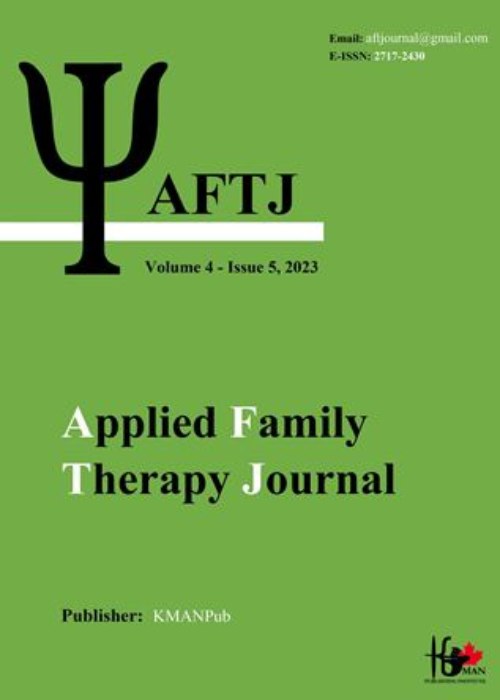The mediating role of cognitive emotion regulation strategies in the relationship between self-objectification and body shame with body dysmorphic disorder in Women referring to beauty clinics
This study was conducted with the aim of evaluating the mediating role of cognitive emotion regulation strategies in the relationship between self-objectification and body shame and body deformity disorder symptoms.
This research is based on the objective criterion in the applied research group, based on the data collection time criterion in the survey research group, based on the nature of data criterion and the basis of the research is quantitative research. The statistical population of this research includes women and girls who refer to the beauty clinics of the 4th and 8th districts of Tehran. The sample size in this research is equal to 232 people using Spss Sample power sampling software and the sampling method in this research is available sampling. The tool for collecting information in this research is the objectified body awareness scale (McKinley and Hyde, 1996), the cognitive regulation of emotion questionnaire (Garnefsky, Kraij, and Spinhaven, 2001) and the body deformity questionnaire (Stozin et al., 1998). The statistical software SPSS and AMOS are used to analyze the questionnaire data of this research. In order to determine the presence or absence of influence between variables and estimate and generalize the results obtained from the sample size to the statistical population, correlation model, Pearson correlation coefficient test and regression models (mediator model) have been used to evaluate research hypotheses.
According to the findings of this research, self-objectification has a positive and significant relationship with the symptoms of body deformity disorder (P<0.001). Body shame has a positive and meaningful relationship with the symptoms of body deformity disorder. Also, self-objectification has a significant relationship with the symptoms of body deformity disorder with the mediation of cognitive emotion regulation strategies (P<0.001). Body shame has a significant relationship with symptoms of body deformity disorder through the mediation of cognitive emotion regulation strategies (P<0.001).
It can be concluded that cognitive emotion regulation strategies play a mediating role in the relationship between self-objectification and body shame with symptoms of concern about body deformity.
- حق عضویت دریافتی صرف حمایت از نشریات عضو و نگهداری، تکمیل و توسعه مگیران میشود.
- پرداخت حق اشتراک و دانلود مقالات اجازه بازنشر آن در سایر رسانههای چاپی و دیجیتال را به کاربر نمیدهد.


